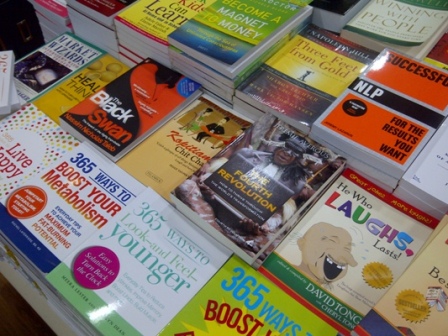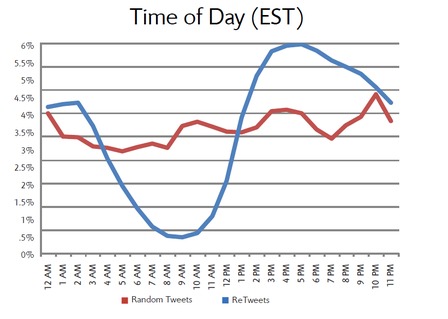Have you read lately about “patent trolls” (companies that make their living by doing nothing, just sitting on a few juicy patents)? Or the battles between Apple and Samsung, Google and Microsoft, to win ownership of treasure troves of patents, avoid long and costly legal battles about patent rights… Or the billions of dollars earned by lawyers in the field of patents in the gigantic battles that are ongoing?

For those of you that would like to learn a bit more about patent trolls, here is the transcript of an investigation of the broadcast “this american life” about “when patents attack”. It is bit long, but quite fun and enlightening.
In the Fourth Revolution Book, we relate how similar situations arose at the onset of revolutionary inventions, like how the patent for automobile was unduly exploited by Mr Selden who made a living by selling expensive licenses for building automobiles. That, until a certain Mr Ford just went ahead and filed lawsuit after lawsuit against him…
So, the current situation is not entirely new.
First, it confirms that something is happening that is revolutionary, in rupture with the usual slow improvement that is best suited for our intellectual property regime.
Still, it shows that the patent regime currently acts against public good, instead of acting in favor. Apple does not really need patents to be the largest market capitalization in the US. This time, the patents conundrum might become so problematic that a complete revamping of intellectual property might ensue. We can’t afford any more to give an exclusive right to an idea for 20 years in particular if this idea is vague or general. Resistance against changing the law will come primarily from lawyers, not consumers or companies. But change is inevitable. Because ideas are now produced collectively, and competitive advantage is based on speed of execution, quality of the product, and not any more on static defense of one’s position.
Which legislator will be bold enough to engage this much-needed change of the intellectual property regime? Shorten the timeframes, ensure that the patents are really specific, that the product described has really been produced, put some limits to the monopoly situation that ensues… such are the directions for a change.





